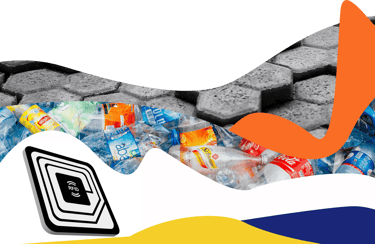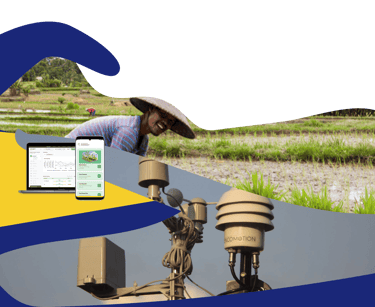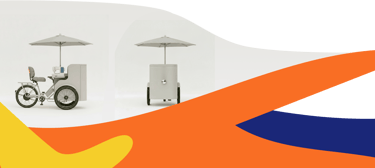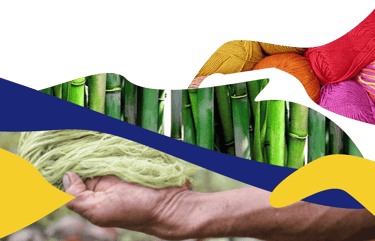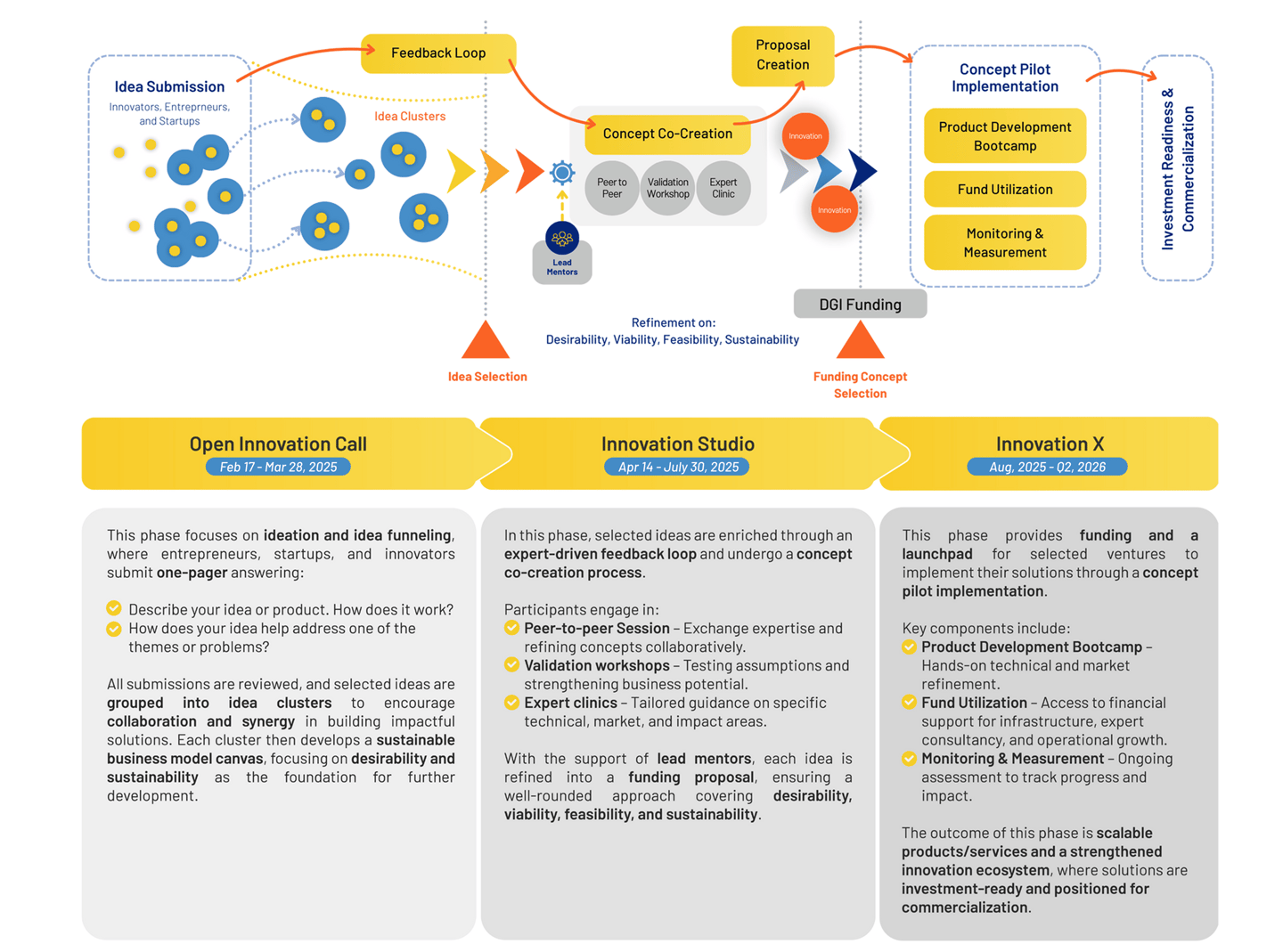The Digital Green Innovation (DGI) is a joint initiative by the European Union along with Germany, France, Belgium, Estonia, and the Netherlands. Working together as one under the banner of #TeamEurope, the action is dedicated to promoting a people-centered digital and green transformation, utilizing global partnerships and innovative solutions to build a more sustainable future.
As a global partner, German and Indonesia are working hand in hand to building and reinforcing the green tech startup ecosystem thus, this continues under the Digital Green Innovation program, co-funded by the European Union and implemented by Deutsche Gesellschaft für Internationale Zusammenarbeit (GIZ) GmbH. This initiative aims to drive Indonesia’s transition towards a sustainable, climate-resilient future by leveraging the power of digital innovation.
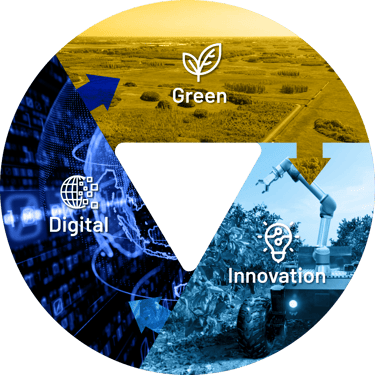

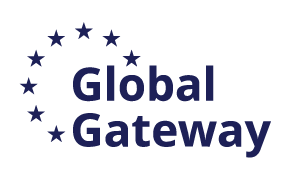

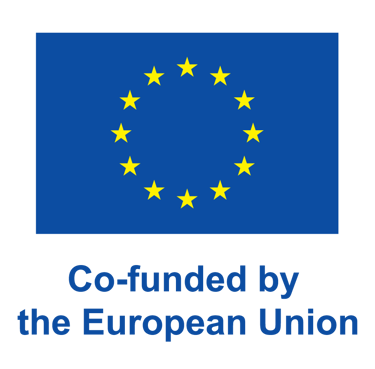

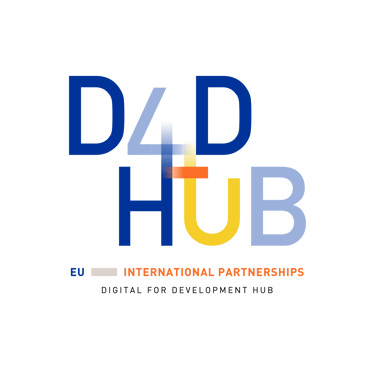

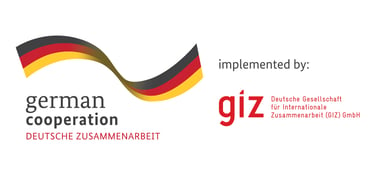

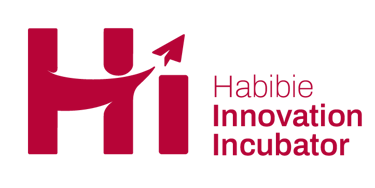

Powered by

The journey begins with the
where we invite entrepreneurs, startups, and innovators to bring forwards ideas and solutions that leverage digital technology to solve some of the most pressing environmental and sustainability challenges in Indonesia
Digital Green Innovation Challenge

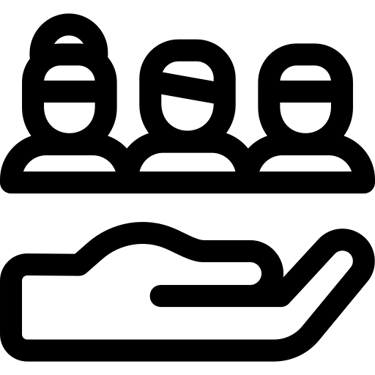

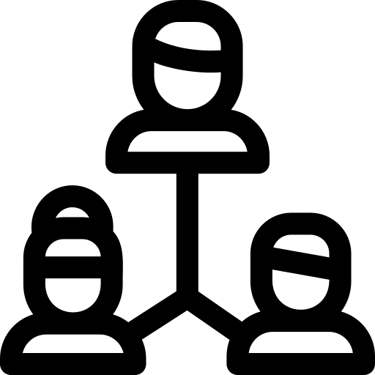





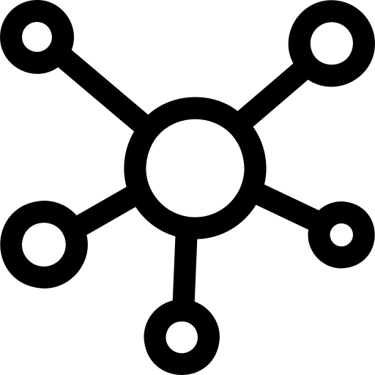

Access to
Network of Experts
Hands-on Guidance and In-depth Coaching
Financial and
Technical Support
Unlocking Investment Potential
Ecosystem Exposure and Connections
to gain visibility and build connections through regional innovation events and showcase to investors, media, and key partners
by a lead facilitator to refine ideas and business models until the creation of the funding proposal
to develop pilot/scaling the solution for a period of up to 12 months
to provide insight into what different types of investors seek and to facilitate access to further funding
for the period of 12 months to receive feedback, expert consultancy, and business opportunities
Benefits

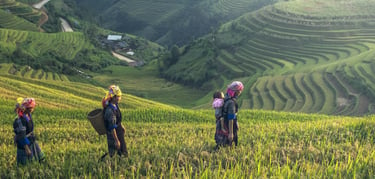

Agriculture Innovation Ecosystem
The Agriculture Innovation Ecosystem Challenge invites innovators, startups, and researchers to develop agritech solutions that enhance productivity, optimize supply chains, and promote sustainability. Selected solutions will be tested and implemented in real-world settings, such as farms, food production facilities, and distribution networks. This initiative aims to reduce inefficiencies, minimize food waste, and strengthen local economies for a more resilient food system.


Circular Economy & Product Lifecycle
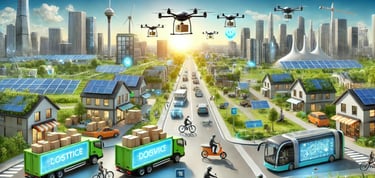

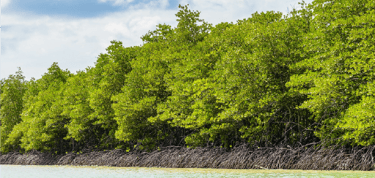

Innovation Challenge Themes
This year, we’re proud to welcome 374 innovations across four major themes, each addressing today’s most pressing challenges and aligning with Indonesia's national priorities.
The Circular Economy Innovation Challenge seeks product and service innovations that advance sustainability through digital technology and circular economy principles. Whether already circular or with the potential to be transformed, selected solutions will be refined for greater sustainability, market impact, and commercialization. By fostering innovative local products, optimizing resources, and reducing waste, this initiative strengthens green business models and positions Indonesia as a leader in sustainable innovation.
The Smart Mobility & Logistics Innovation Challenge invites innovators, startups, and researchers to develop digital solutions that improve transportation efficiency, optimize supply chains, and promote sustainable mobility. The challenge focuses on advancing smart, low-carbon logistics and mobility systems that enhance connectivity while minimizing environmental impact. By leveraging technologies such as AI-driven solutions, electric vehicles for last-mile logistics, and freight optimization tools, this initiative aims to reduce carbon footprints and build more resilient transportation networks.
Blue Economy & Biodiversity
Smart Mobility & Logistics
The Blue Economy & Biodiversity Innovation Challenge invites innovators, startups, and researchers to develop scalable solutions that protect biodiversity, promote marine sustainability, and drive economic growth in the blue economy. By harnessing digital technology and innovative business models, the challenge supports efforts in marine conservation, sustainable fisheries, carbon sequestration, and circular economy initiatives for coastal communities.
Jury Meeting
DGI Challenge Jury Meeting was held on April 17th, 2025 at the GIZ Office, Menara BCA Thamrin, Jakarta.
18 judges came together to assess innovations across the four key themes. The judges evaluated every shortlisted submission based on relevance to the theme, innovation, feasibility and viability, digital and tech integration, and co-creation & collaboration potential, ensuring a fair selection process.
Beyond scoring, the jury provided input and feedback to help innovators sharpen the ideas and boost the potential for real-world impact

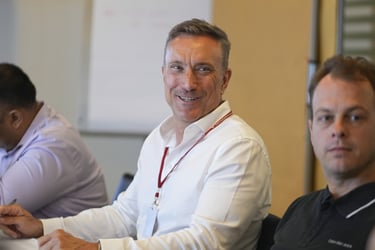

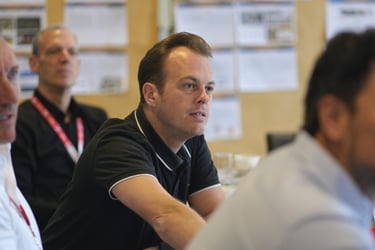

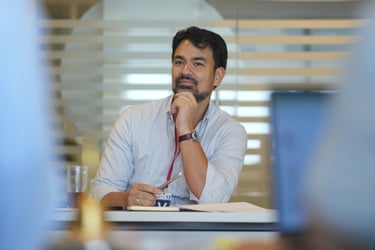

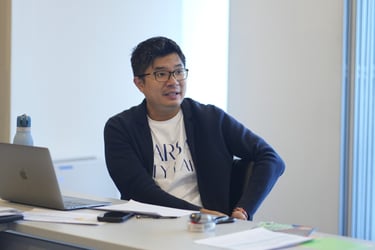

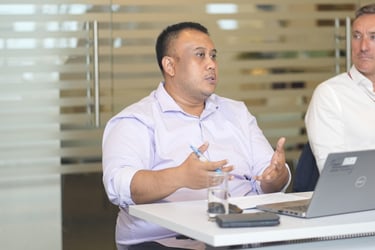

Nils Michaelis
CEO of Cape Summit Group
Christopher Janssen
President Commissioner PT. Gowa Modern Motor
Thomas Foerch
Cluster Coordinator for Green Infrastructure and Special Assignment, GIZ Indonesia
Andhika Ajie
CEO of Center for Research and Innovation, BAPPEDA Jakarta
Zacky Ambadar
Project Manager Team Lead at GIZ
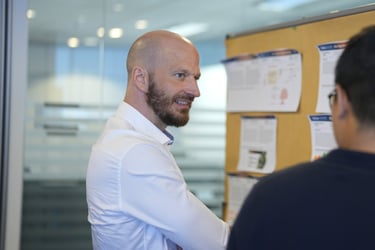

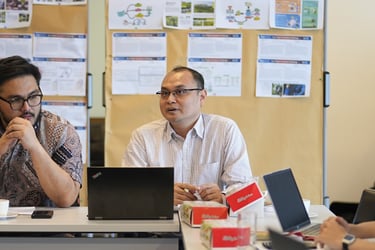

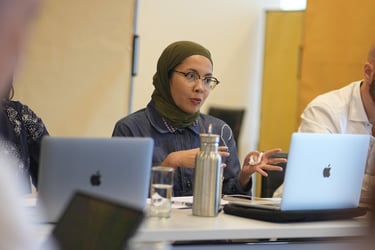

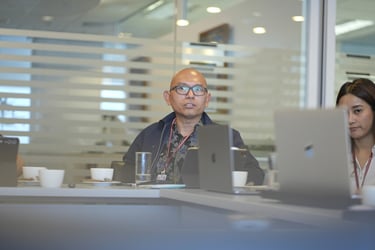



Christian Sutardi
Venture Partner at Kopital Ventures
Mohammad Nursholiqin
Advisor on Agri Climate Financing
Athina Dinda
Project Development and Management at CAST Foundation
Dedi Wijaya
Managing Director at Karsa CityLab
Abraham Auzan
Executive Director at Rabu Biru Foundation
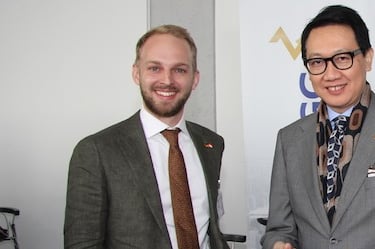

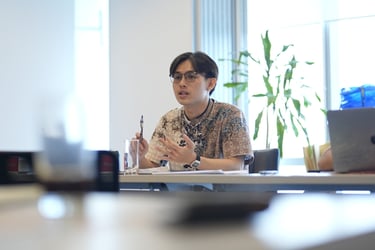

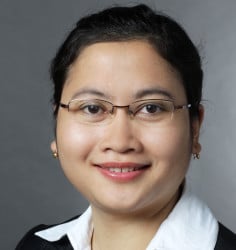

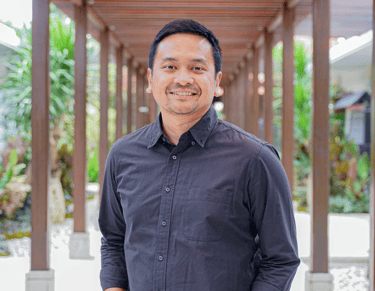

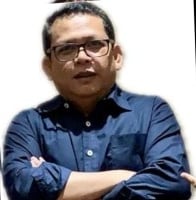

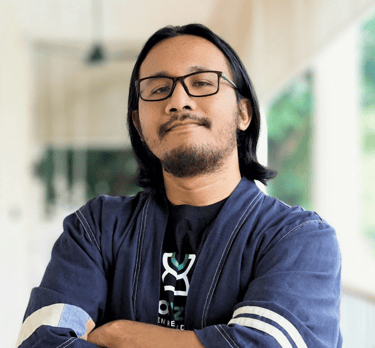

Pandu Wirawan
CCO of Ecoxyztem
William Widjaja
Frank Stegmuller
Yacinta Esti
Tunggul Butarbutar
Project Management Officer of PISAGRO
Commission manager for SOCOOL, GIZ Indonesia
Implementing Manager ASEAN SME II IDN at GIZ
Project Leader, Sustainable Aquaculture Indonesia at GIZ
Achmad Pradipta
Senior Manager, GSMA Innovation Fund
Get to Know the Jury
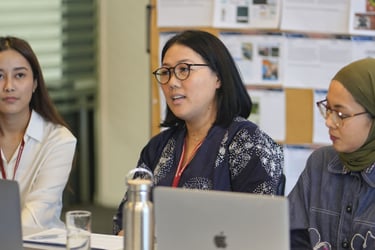

Paulista Surjadi
SDGs Coordinator at Centre for Research and Innovation, BAPPEDA Jakarta
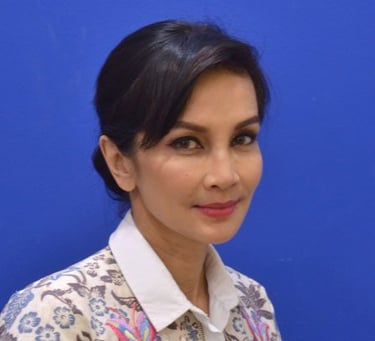

Wan Zaleha
Founding Partner of CAST Foundation

5 Innovations Are Advancing to the Research Phase!
This phase aims to validate the feasibility, relevance, and potential impact of the innovations by:
Benchmarking best practices, testing technical feasibility, and assessing site readiness to ensure solutions are practical and context-specifics
Validating and Localizing Innovations
Engaging Ecosystems and Establishing Baselines
Stakeholder collaboration, beneficiary mapping, and data collection on environmental, economic, and social indicators
De-risking and Planning the Path Forward
Identifying regulatory and operational barriers and preparing a clear roadmap, SOPs, and milestones for the Setup Phase




Discover the Innovations
Sustainable Aquaculture
Replicable aquaculture model that cuts costs, reduces environmental degradation, and boosts community income.
Circular Traceability System
Digital Precision Farming
Circular traceability system that links waste sources to recycled products, ensuring verified data, transparent reporting, and compliance.
A climate-smart irrigation model for smallholder rice farms, leveraging loT, Al, and sustainable practices.
Sustainable Neighborhood Commerce Ecosystem
Transforming local neighborhood commerce by developing a physical prototype of an electric modular equipment, along with corresponding recycling and repair digital services.
Explore the downstreaming potential of endemic and unique commodities through digital innovation to create commercially viable products for the global market.
Circular Product Lifecycle


